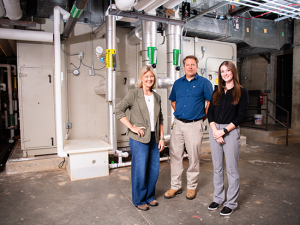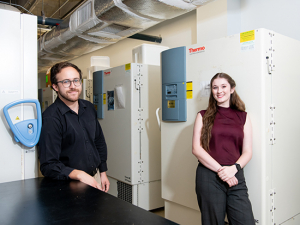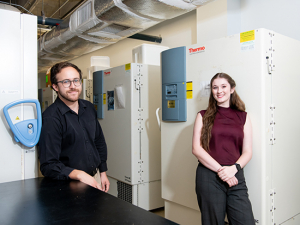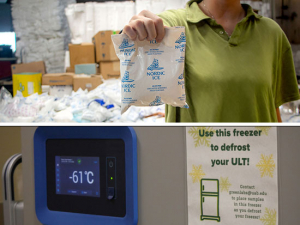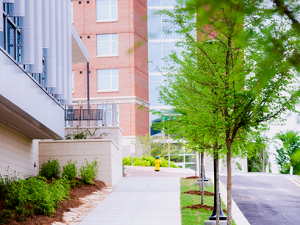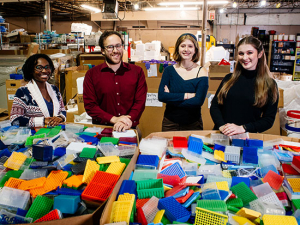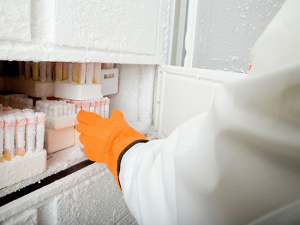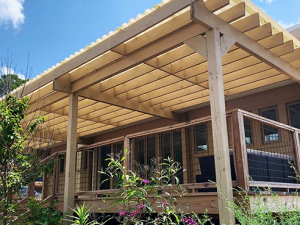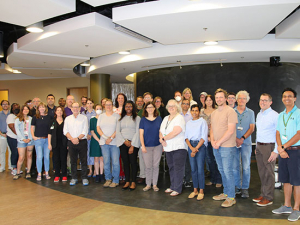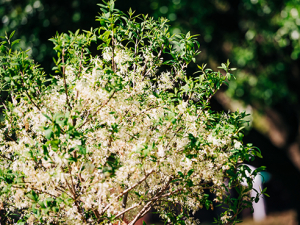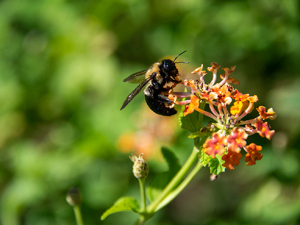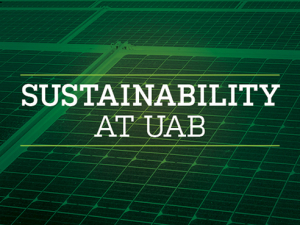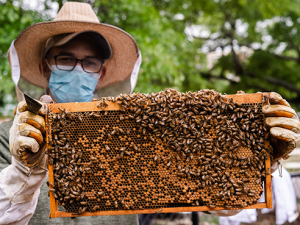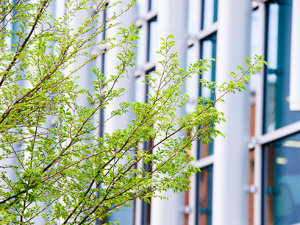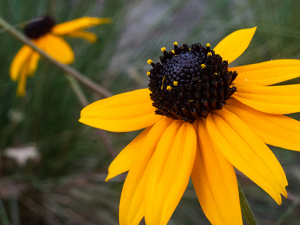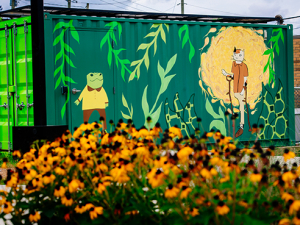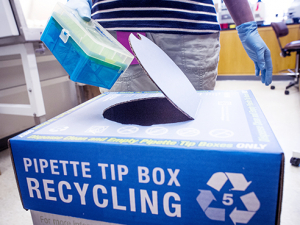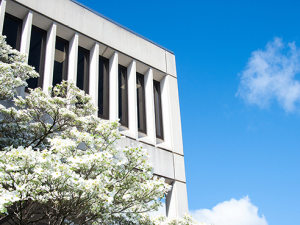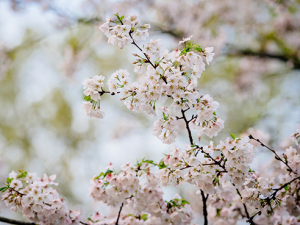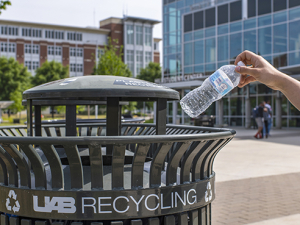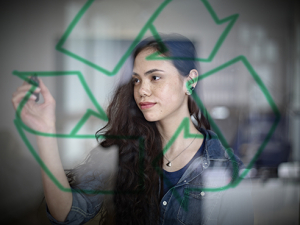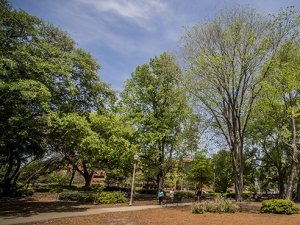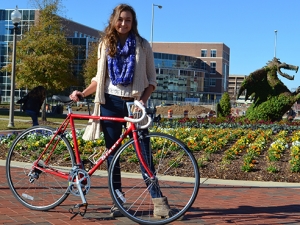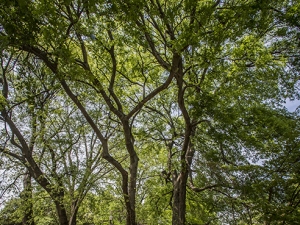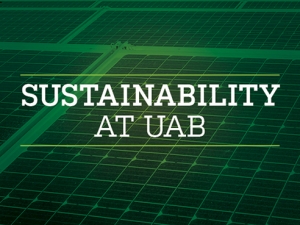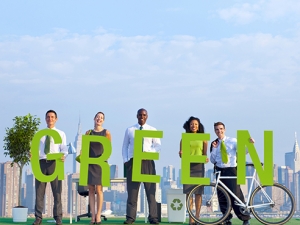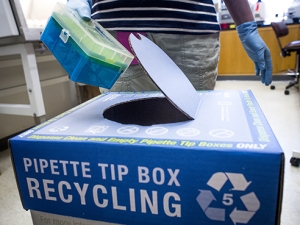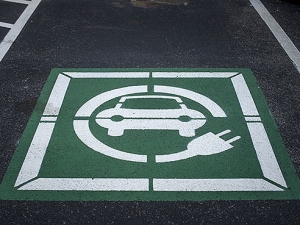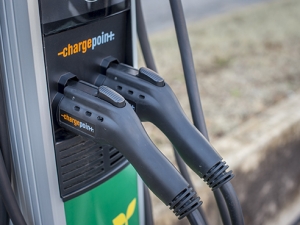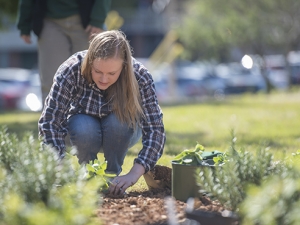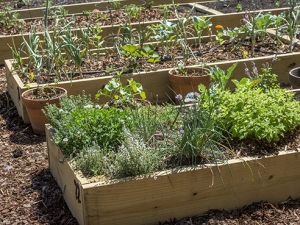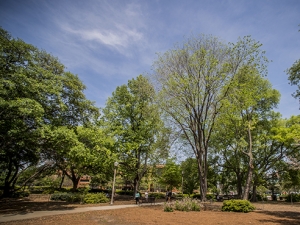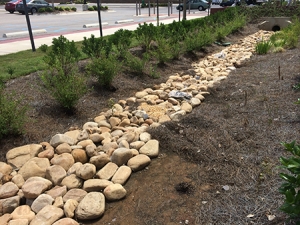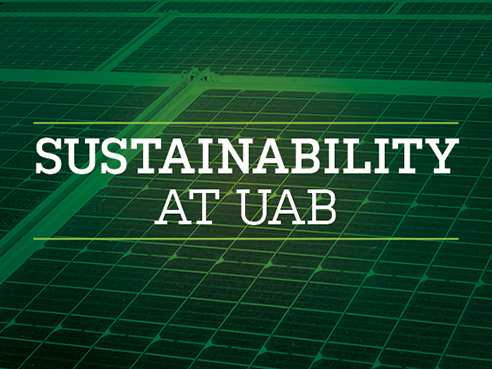 The Undergraduate Student Government Association (USGA), the Graduate Student Government (GSG) and the UAB Faculty Senate each has published a resolution pledging their support to UAB’s 20 by ’25 goal, which aims to generate 20 percent of its electrical energy from renewable resources and reduce its greenhouse gas emissions by 20 percent by 2025.
The Undergraduate Student Government Association (USGA), the Graduate Student Government (GSG) and the UAB Faculty Senate each has published a resolution pledging their support to UAB’s 20 by ’25 goal, which aims to generate 20 percent of its electrical energy from renewable resources and reduce its greenhouse gas emissions by 20 percent by 2025.
The 20 by ’25 plan was announced in 2018 as part of UAB Sustainability’s strategic plan, which promises commitments to building LEED-certified buildings such as University Hall, continuing the Green Labs program and expanding the sustainable neighborhood area at the corner of 11th Avenue South and 17th Street. Bambi Ingram, UAB Sustainability manager, says these resolutions represent UAB’s continued commitment to making sustainable choices.
“Acquiring renewable energy at a large scale is the most challenging goal in UAB’s Sustainability Strategic plan,” Ingram explained. “We appreciate the support of UAB’s students and faculty in affirming the crucial nature of this goal for the health of our campus and community.”
|
“Acquiring renewable energy at a large scale is the most challenging goal in UAB’s Sustainability Strategic plan. We appreciate the support of UAB’s students and faculty in affirming the crucial nature of this goal for the health of our campus and community.” |
The faculty senate wanted to renew attention for the 20 by ’25 plan by resolving to continue supporting it, said Mike Sloane, Ph.D., associate professor of psychology and chair of the Faculty Senate.
“We wanted to keep the issue in high profile,” he said. “The faculty were unanimously in favor of keeping it a high priority. UAB is one of the major consumers of power in the state, and as a research university we can be a leading example of sustainability going forward.”
UAB is one of the largest electricity users Alabama, and its use of renewable power sources and reduced emissions are good for local air quality, economic development, human and ecosystem health and combatting climate change, Ingram explained.
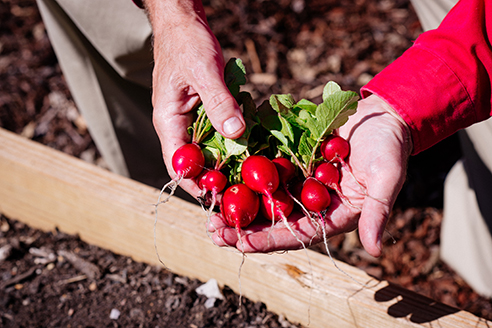 Tended by Blazers, some UAB Gardens plots grow produce for the food-insecure on campus. Read more.Other initiatives include leveraging UAB’s $7.15 billion economic impact to reduce food waste, collaborate with municipal partners to offer work transportation options, institute better recycling and composting programs and encourage suppliers to use local and sustainable products and processes through contracts and specifications — all of which promote UAB’s shared value of stewardship.
Tended by Blazers, some UAB Gardens plots grow produce for the food-insecure on campus. Read more.Other initiatives include leveraging UAB’s $7.15 billion economic impact to reduce food waste, collaborate with municipal partners to offer work transportation options, institute better recycling and composting programs and encourage suppliers to use local and sustainable products and processes through contracts and specifications — all of which promote UAB’s shared value of stewardship.
Campus is no stranger to sustainable action: There are more than 20 electric car-charging sites available for public, student and employee use, a pollinator garden in the UAB Mini Park, a thriving Green Labs program to reduce lab energy costs and an award-winning parking lot built for water pollution reduction. UAB was recognized for the seventh year by the National Arbor Day Foundation as a Tree Campus USA for its work to nurture more than 4,400 healthy trees and engage students and employees in conservation, and a new monarch butterfly habitat in the Sustainable Neighborhood aims to help restore Alabama’s native ecosystem. UAB also became the first Health Promoting University in the nation after adopting the Okanagan Charter last fall.
“This is a difficult issue for colleges and universities across the country, and UAB should be proud for taking a leadership role,” Ingram said. “We have the opportunity to improve our air quality and spur job growth. It’s a win-win.”

